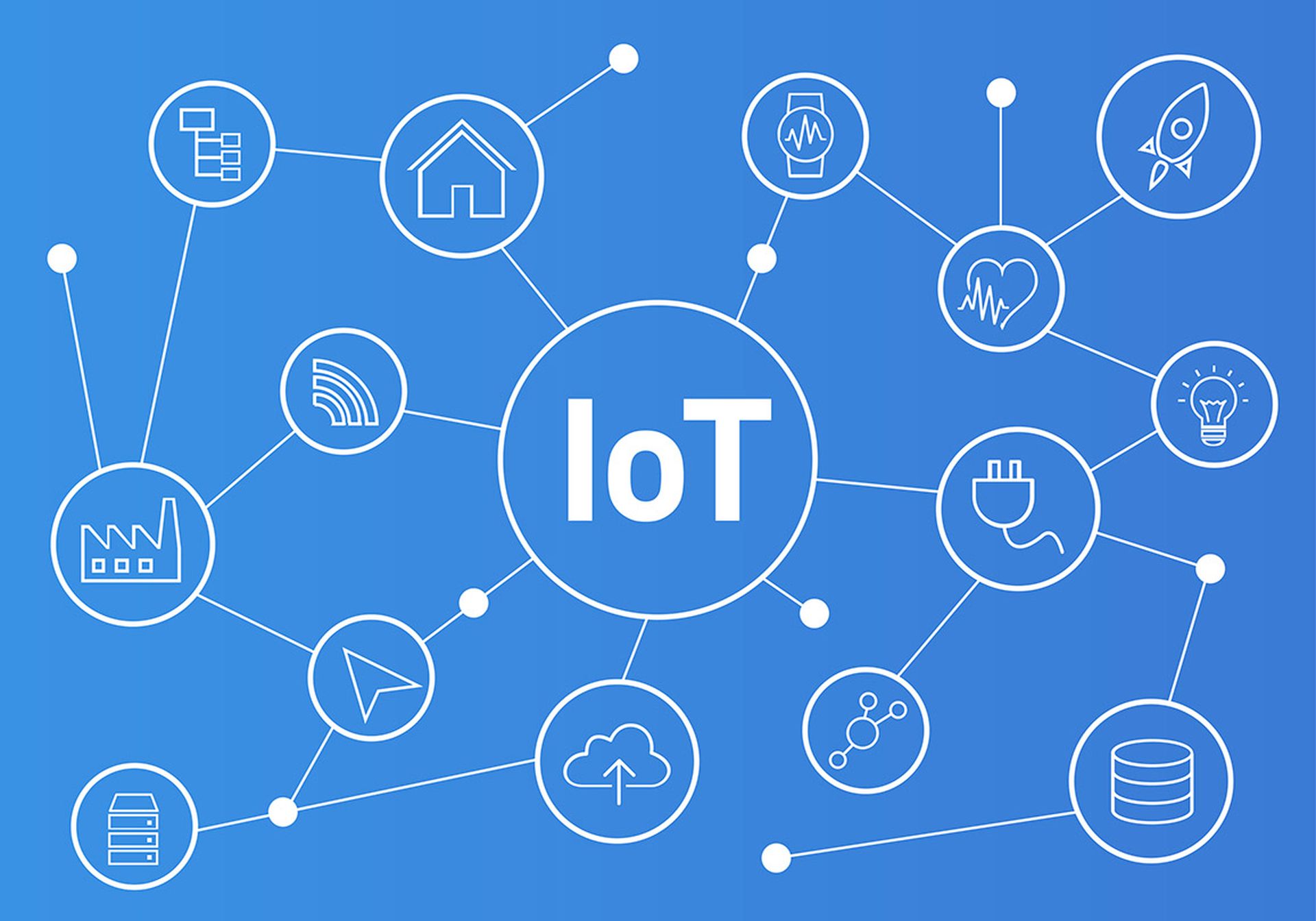BlackBerry has added zero trust security capabilities to its Spark Internet of Things (IoT) platform, according to a prepared statement. The company unveiled the Spark zero trust security capabilities at the RSA Conference in San Francisco, California.
BlackBerry Spark provides cyber threat prevention and remediation across desktop, mobile, server and IoT endpoints, the company said. It enables organizations to understand and define cyber risks, apply policy controls to address these risks and create zero trust environments.
Zero trust security requires identity verification for end-users and devices that try to access resources on a private network. It is a concept based on various security principles and technologies, including least-privilege access, microsegmentation and multi-factor authentication (MFA).
The BlackBerry Spark development leverages the firm's Cylance endpoint protection technologies.
Meanwhile, global demand for zero trust security solutions is growing, and new opportunities are becoming available for MSSPs to deliver zero trust security offerings.
The global zero trust security solutions market is projected to expand at a compound annual growth rate of 19.9 percent from 2019 to 2024, industry analyst ReportLinker indicated. This market also could be worth approximately $38.6 billion by 2024.
More Zero Trust Initiatives
Multiple cybersecurity firms are developing or acquiring zero trust-related technologies.
For instance, Symantec earlier this month purchased Luminate Security, a privately held company that develops software-defined perimeter and zero trust security technology. The company will integrate Luminate's Secure Access Cloud zero trust access solution into its portfolio.
Furthermore, identity and access management (IAM) solutions provider Okta last year acquired zero trust security company ScaleFT. Okta has integrated ScaleFT's zero trust security platform into the Okta Identity Cloud.




